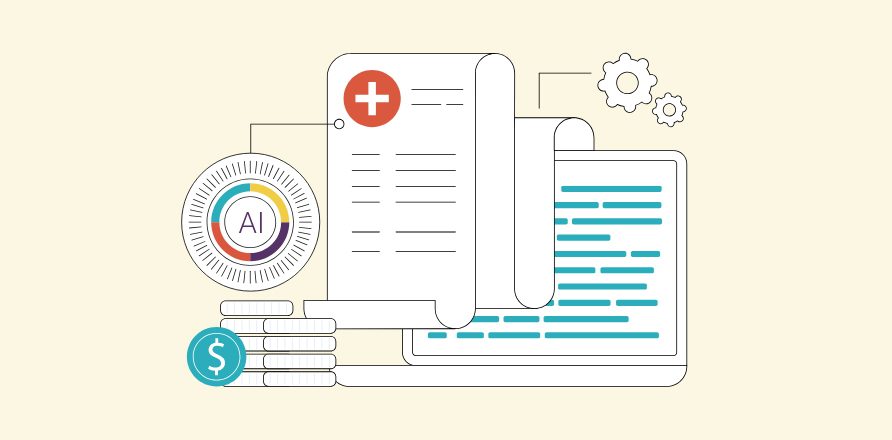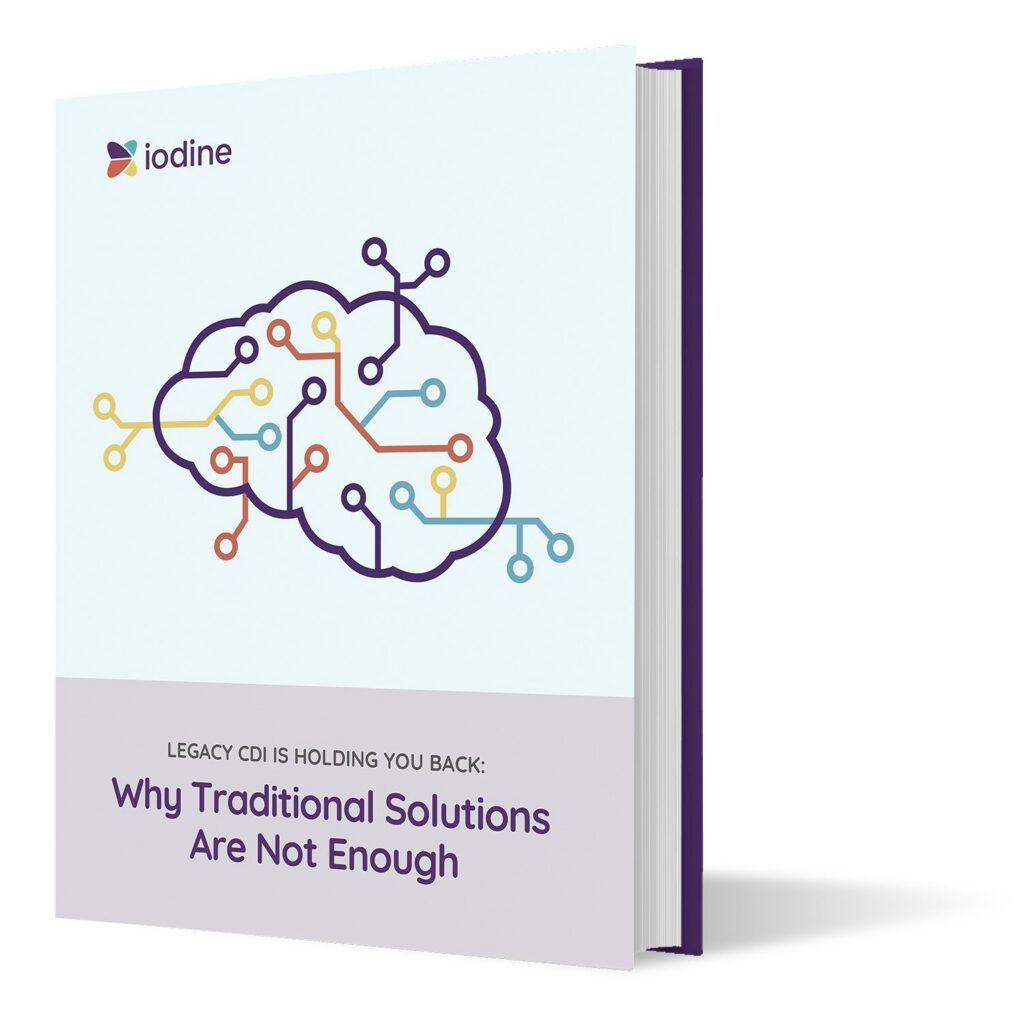Why Documentation is So Important in Healthcare

This is part 1 of a 3-part blog series on why traditional clinical documentation integrity (CDI) solutions can no longer meet the demands of modern healthcare. This part talks about why documentation is so important in healthcare, part 2 covers why making impactful change is so complex, and part 3 explains why you should consider AI-enhanced tools.
In today’s healthcare environment, documentation isn’t just a formality—it’s a strategic imperative. From revenue protection to quality scores, payer negotiations to patient care, accurate clinical documentation is the thread that ties everything together. When it’s weak or outdated, the entire system feels the strain. As payers evolve, regulations tighten, and expectations increase, hospitals must reassess their approach to documentation.
US Hospitals spend about $20 billion annually fighting claim denials—42% of which can be linked to coding errors.
Want to learn more about why documentation is so important in healthcare?
Download our eBook: Legacy CDI Is Holding You Back: Why Traditional Solutions Are Not Enough

Why Documentation is So Important in Healthcare
Ultimately, documentation is at the center of every strategic priority that hospitals and health systems care about. It is the backbone of hospital operations and directly impacts every key outcome and metric.
Revenue Cycle Management Depends on It
In hospital operations, if something isn’t documented, it’s as if it didn’t happen. Claims denials caused by incomplete or inaccurate documentation have huge impacts on hospital finances and cash flows. As payers continue to complicate processes and increase documentation demands, hospital clinical documentation programs must keep up, or pay the price.
Accurate documentation supports correct coding, reduces denials, and ensures faster reimbursement.
Value-Based Care Requires Clean Data
Value-based care models rely on measurable outcomes. But proving those outcomes to payers hinges on properly documented diagnoses, comorbidities, and disease severity. When documentation is incomplete, hospitals risk underreporting patient complexity, undermining both care quality metrics and reimbursement levels.
Documentation Directly Impacts Hospital Rankings
Hospitals are increasingly judged by quality metrics published by organizations like CMS and U.S. News. These rankings influence referrals, donations, patient decisions, and payer contracts. Unfortunately, these numbers are often based on metric outcomes that don’t tell the entire story. If patient complications and comorbidities aren’t well documented and, therefore, calculated into these metrics, performance scores can drop even with great clinical care.
Increasing hospital rankings is not just about public perception; a higher ranking can mean millions of dollars in patient referrals, publicity, charitable donations, and favorable contract negotiations with insurance companies.
Still Relying on Traditional CDI? It’s Time for a Change
Old-school documentation tools are costing you revenue, rankings, and outcomes. Discover smarter ways to optimize documentation and outcomes.
Stronger Relationships with Payers
When documentation is inconsistent or incomplete, it creates friction between hospitals and insurers. The tangled web of agreements between providers, facilities, and payers often results in misalignment and unnecessary disputes. However, by ensuring comprehensive and standardized documentation, hospitals can foster trust and enable strategic collaboration.
Given that 84% of hospitals report rising costs from insurer policies, reducing avoidable denials through better documentation is more important than ever.
Better Documentation Helps with Better Patient Care
Beyond finances and rankings, documentation is foundational to coordinated and high-quality clinical care. It improves continuity, supports evidence-based decision-making, and ensures that treatment plans are transparent and collaborative. Documentation can also contribute to national data trends that guide research funding and public health strategies.
Documentation is a Strategic Asset
In the end, documentation isn’t just paperwork, it is a strategic asset that powers and supports so many critical hospital functions. From revenue to rankings, patient care to payer partnerships, there are countless reasons why documentation is important in healthcare.
Despite the importance of documentation to healthcare operations, in many systems it’s broken. Outdated legacy solutions are no longer able to keep up with the demands of modern medicine. You may think you can just increase the headcount of your documentation team…but it’s more complicated than that.
Want to know why you can’t just hire your way out of the problem?
If you want more details on everything it takes to improve your CDI program…
Ready to take the first step in revolutionizing documentation within your health system?
Still Relying on Traditional CDI? It’s Time for a Change
Old-school documentation tools are costing you revenue, rankings, and outcomes. Discover smarter ways to optimize documentation and outcomes.